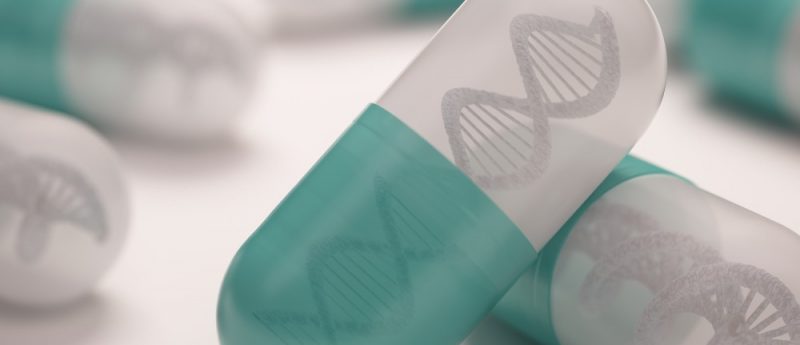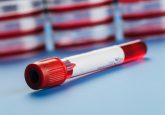Blood samples could be stronger alternatives to biopsies in the prediction of response rate to immunotherapy

Research published in Clinical Cancer Research suggests that the number of DNA alterations, detected in a patient’s blood sample, could be indicative of an individual’s response to treatment with immune checkpoint inhibitors (ICIs). These inhibitors are a class of immunotherapy and have varied patient treatment responses. Approximately only 20% of patients respond to ICIs and significant side effects have been reported following the initiation of therapy.
The insight gained from predictive biomarkers could potentially identify viable candidates for ICI treatment and predict individual responses to the relatively new drugs. Furthermore, the ability to analyze liquid biopsies (blood samples) as opposed to tumor biopsies reduces the stress experienced by the patient, as well as the pain, expense, time and relative inaccuracy of tissue sample analysis.
Researchers from the University of California (CA, USA) acquired blood samples from 69 patients with different cancer types following ICI therapy. Circulating tumor DNA (ctDNA) from the samples was then analyzed by next-generation sequencing, where researchers specifically counted the number of alterations and mutations in the DNA whose association with disease risk is unknown (known as ‘variants of unknown significance’).
It was demonstrated that29% of patients were identified as having more than three variants of unknown significance in their ctDNA and investigators observed significantly higher response rates of 45% compared to a population with fewer than three variants with a response rate of 15%.
Razelle Kurzrock, the senior author (University of California), stated: “Our study demonstrated that high ctDNA alteration number was associated with response to checkpoint inhibitor therapy. Therefore, it is important to have biomarkers that can help predict response to these relatively new drugs.
“Mutations lead to the production of abnormal proteins; the more mutations and abnormal proteins the tumors produce, the better the chance that one or more of these proteins will be ‘detected’ by the immune system. We showed that counting the mutations in the DNA floating in the bloodstream could help predict response to these new and exciting drugs that boost the immune system to attack cancer.”
Yulian Khagi (University of California) concluded, “If verified by further studies, clinicians will be able to utilize the objective results of this simple blood test to make determinations about whether to use checkpoint inhibitor-based immune therapy in a variety of tumor types. It should also be noted that the cutoff points might be different as these blood tests evolve to detect more mutations in more genes.”
Sources: Khagi Y, Goodman AM, Daniels GA et al. Hypermutated circulating tumor DNA: correlation with response to checkpoint inhibitor–based immunotherapy. Clin. Cancer Res. 23(19), 5729–5736 (2017); www.eurekalert.org/pub_releases/2017-10/aafc-lbm092817.php




